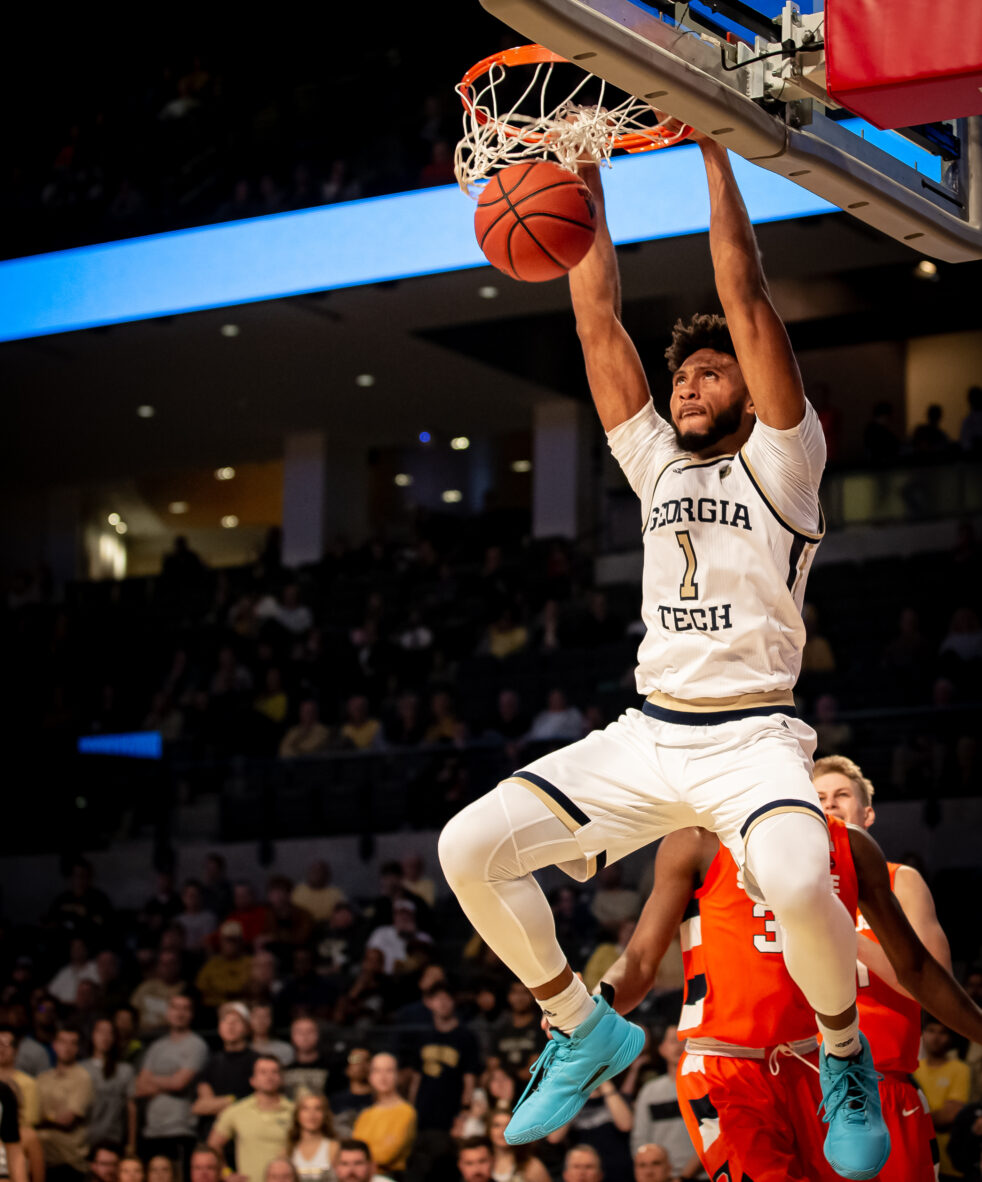The NFL recently implemented a new rule discouraging taunting. Players flagged for taunting face a 15 yard penalty and an automatic ejection. Defined as “baiting or taunting acts or words,” this highly subjective rule aims to limit one of the most fun parts of sports: talking trash. Penalizing trash talk in most forms, including taunting, is a surefire way to detract from the energy of games. Barring speech or actions that clearly cross the line, letting players talk adds to the game.
An easy way for players to show intensity is to celebrate and jaw at their opponents. After a big run, contested catch, home run or big basket, a stare or a few words helps increase the gravity of the moment. Many memorable moments in sports history are accentuated by the celebration or the talk leading up to them. Damian Lillard’s buzzer beater to eliminate the Oklahoma City Thunder in the 2019 NBA Playoffs is a prime example, with the moment being made by his wave goodbye after the basket.
Different leagues have differing levels of understanding of the value of talking. The NFL is showing again that they struggle to understand the value, and the MLB’s debate over bat flips and willingness to eject players and managers puts them in a similar tier.
The WNBA and NBA both allow for more expression, and the flow of the game means that an exchanging of words as players run up court does not impede the pace. Hockey similarly has a faster pace, and “chirping” is a nearly integral part of the game, to the point where fights are routine and regulated.
The NFL’s anti-trash talk stance is a departure from part of what made the game fun in the early part of the millennium. Steve Smith Sr., Chad Johnson, Randy Moss and other elite talents made a living out of their images as well as their play. The biggest names of the era kept a constant barrage of talk, elevating the excitement of their games. Their legend grew for it, and their opponents often looked back with fondness on their interactions, even in light of the jabs traded.
Some of the more old-fashioned members of the MLB community oppose the movement toward showboating, missing that a moment of flair in an otherwise slower sport appeals to a youth that are decreasingly interested in major league sports. Simply put, bat flips are fun and help emphasize the moment. Hitting a baseball is one of the harder things to do in sports, and hitting one over 400 feet is a feat worth celebrating. Sports have a mental aspect as well, and reminding an opposing pitcher that he just made a mistake can prove to be beneficial.
Part of what the NBA and NHL gets right is that, the idea that fun, both for players and fans, is an essential part of the game. Plenty of holdouts are less than thrilled about the rise of player expression in many leagues, but for the youth and the athletes it adds to the game. Besides the Lillard shot in 2019, many plays and players have celebrations attached to them. Lebron James has his “Silencer” celebration, Carmelo Anthony and Rasheed Wallace’s “Three to the Dome” and players hanging on the rim for a moment after a dunk all add to the hype of big plays.
Player enjoyment may be the largest argument in favor of trash talk. Allowing the athletes to express themselves both during and outside of play as well as off the field gives them an opportunity to release during high intensity moments. A healthy respect between players keeps most interactions reasonable even if tempers flare. Rivalries also form between players, lending more kindling to rival teams or adding an extra element to games with otherwise lesser enmity.
Trash talk can certainly cross lines. Bigotry is still just as intolerable in the heat of the moment, and words that incite a brawl are words better left unsaid. Real hatred between players can grow following repeated incidents, and both parties need to stay within reasonable bounds for player enjoyment to be maintained. Those lines, however, are often subjective, and penalties for subjective offenses are seldom going to be consistent.
For fans and players alike, rules limiting trash talk lessen the fun of the game. Aside from fringe cases where talk goes too far, the intensity shown by the players adds a new dynamic to play. Rivalries are heightened, the action continues after the whistle and slower moments have a higher potential for excitement. For all these reasons and more, let the players talk.
